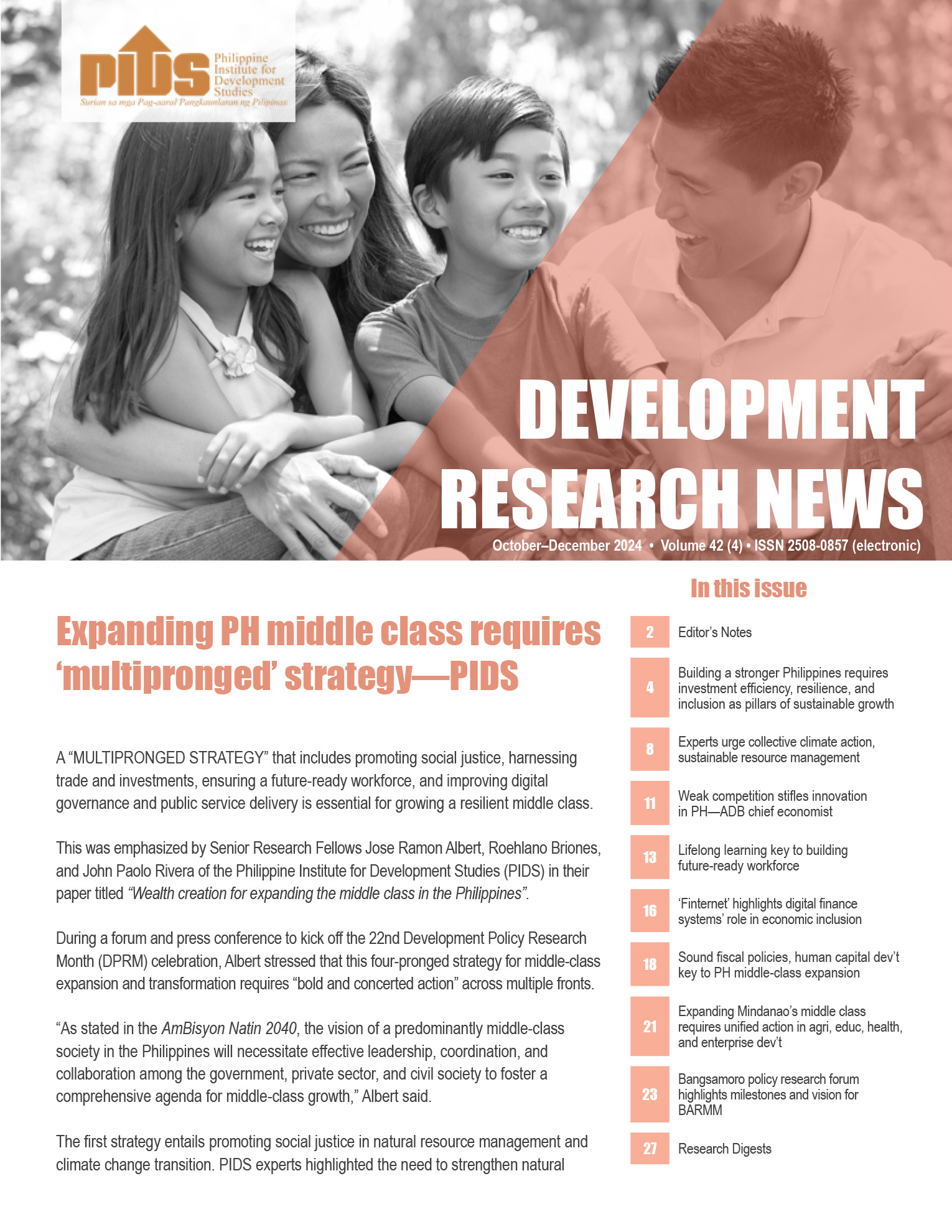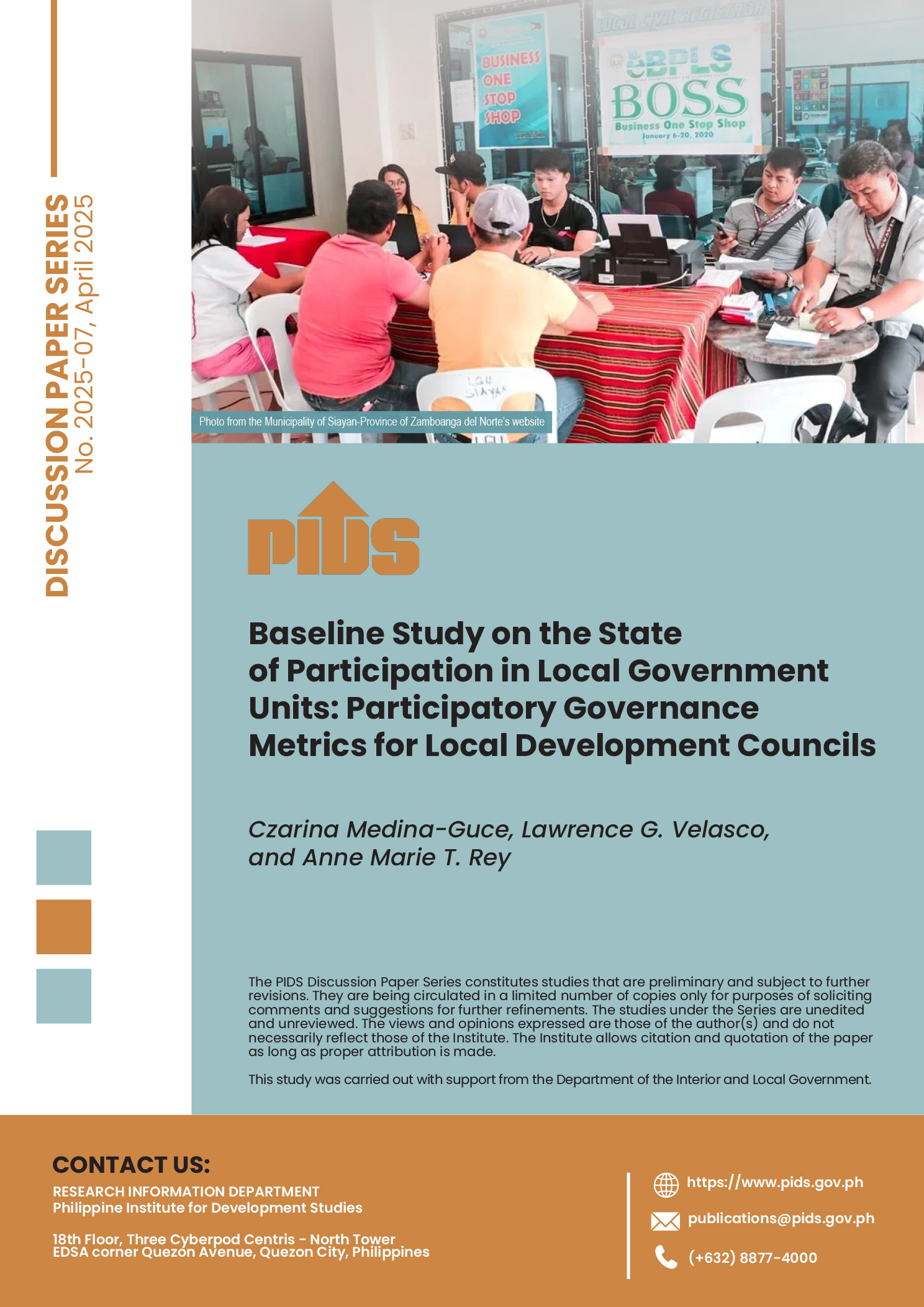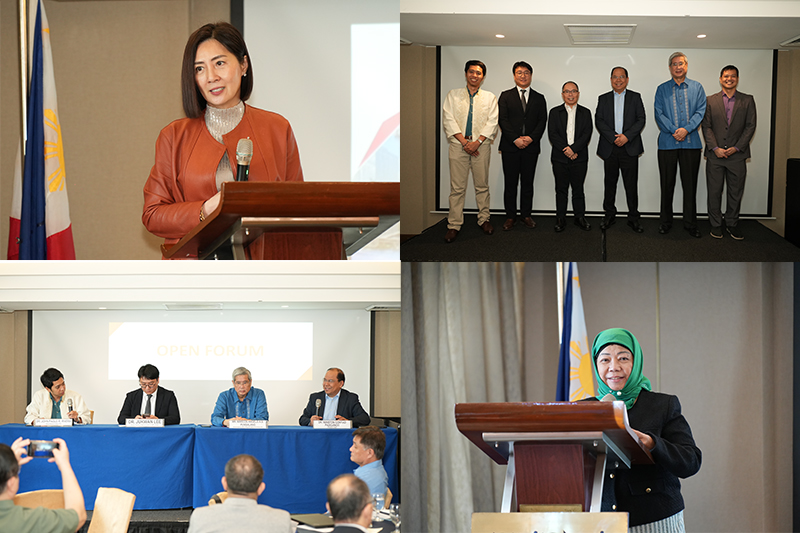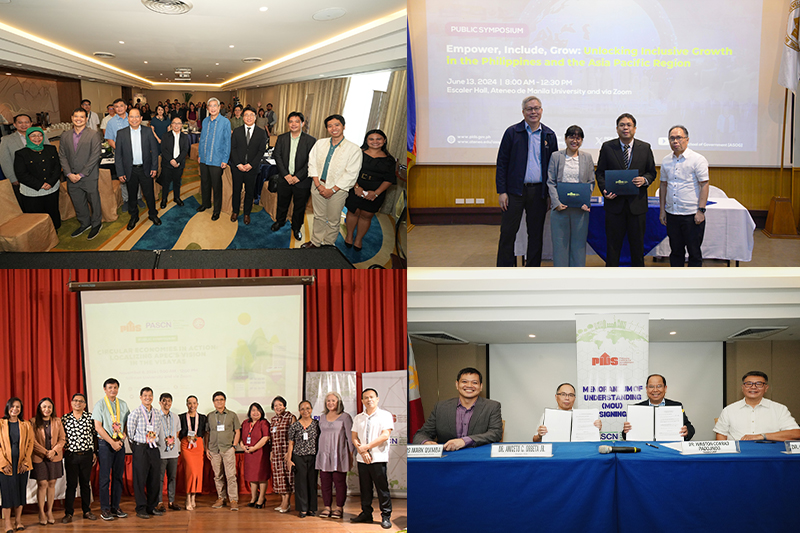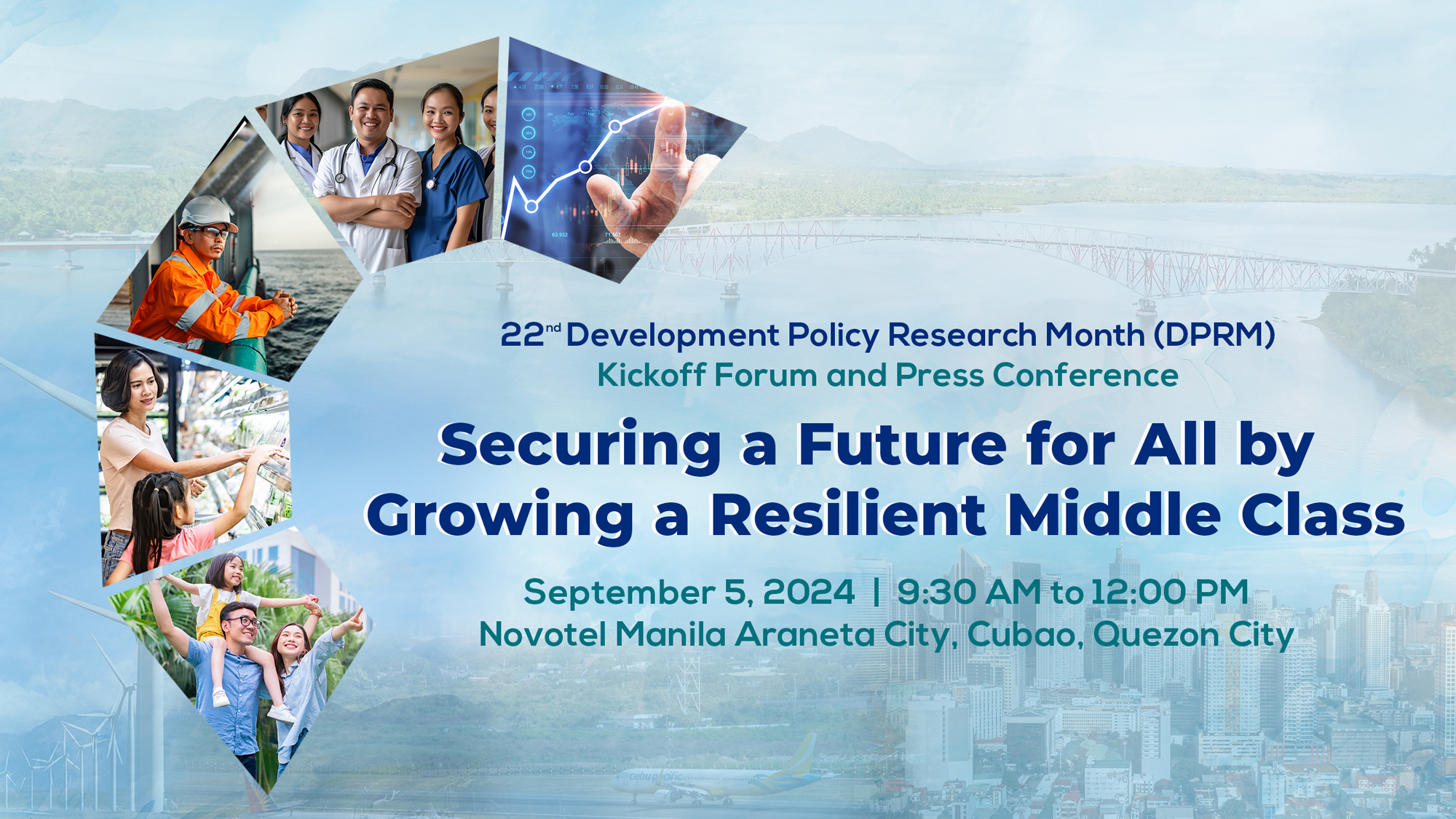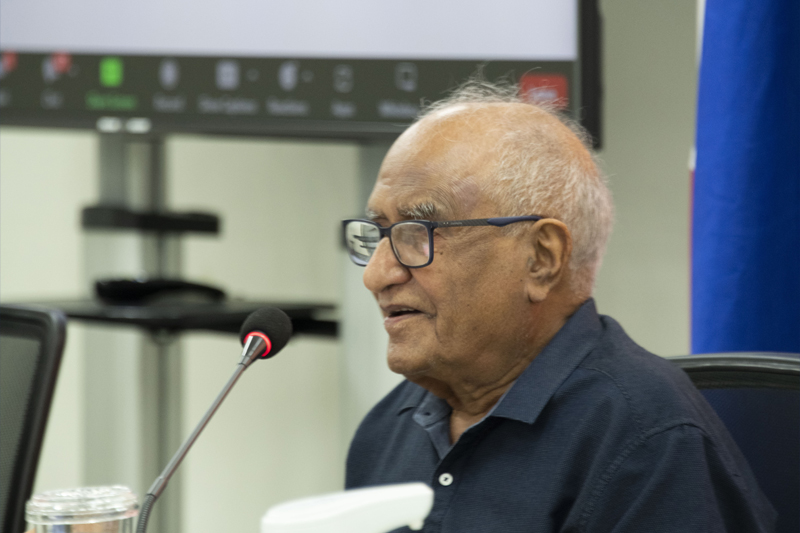
Renowned poverty and inequality scholar Dr. Nanak Kakwani proposed a new approach to assess a country’s growth and development in a recent webinar organized by the Philippine Institute for Development Studies (PIDS).
The new approach is part of the study titled “Defining and Measuring Four Development Concepts: Pro-poor Growth, Pro-poor Development, Inclusive Growth, and Inclusive Development”, which he co-authored with Dr. Zakaria Siddiqui.
Kakwani is a distinguished fellow of the Gulati Institute of Finance and Taxation in India and former chief economist and director of the United Nations Development Programme International Policy Centre for Inclusive Growth in Brazil. He has published six books and over 100 papers in leading international journals.
In his presentation, Kakwani explained that the new methodology stems from the view that development seeks to enhance peoples' capabilities for their well-being, a view popularized by Nobel laureate Amartya Sen.
“Development is a multidimensional concept defined in terms of capabilities that reflect the extent of freedom people have in determining the life they wish to lead,” echoed Kakwani.
Kakwani asserted that measuring economic growth is not enough because it must be felt and enjoyed by all.
“The economic pie is the total output generated by the economy; pie distribution is how it is shared among the people. If the pie is shared equitably, we may call it shared prosperity, and achieving that is our ultimate social objective. Economic growth alone is not sufficient. In growth, we can have prosperity but not necessarily shared prosperity.”
Kakwani and Siddiqui proposed simultaneously measuring growth and distribution to determine a country’s performance in four development goals that contribute to shared prosperity: pro-poor growth, inclusive growth, pro-poor development, and inclusive development.
“Propoor and inclusive growth is measured in income space, whereas propoor and inclusive development is measured in the well-being space,” he expounded.
The study demonstrated the new approach by analyzing state-level data in India spanning two decades. It found that while India’s growth has been neither propoor nor inclusive, its overall development has been both propoor and inclusive, except for life expectancy at birth.
“Growth and development are measured in different spaces, possibly giving conclusions in opposite directions,” explained Kakwani. Kakwani added that this may also be attributed to the country’s development policy framework, which identified inclusive growth as an outcome of India’s 11th and 12th Five-Year Plans, the counterpart of the Philippine Development Plan.
He recommended adding pro-environment growth as a development goal, noting the “close relationship” between economic growth and environmental degradation and how environmental degradation has a “huge impact on people’s well-being”.
Watch the webinar at https://bit.ly/pidsfblive070623 or https://youtu.be/x74o281DVVk and view more photos here.
For more videos of PIDS events, go to https://www.pids.gov.ph/videos.###

